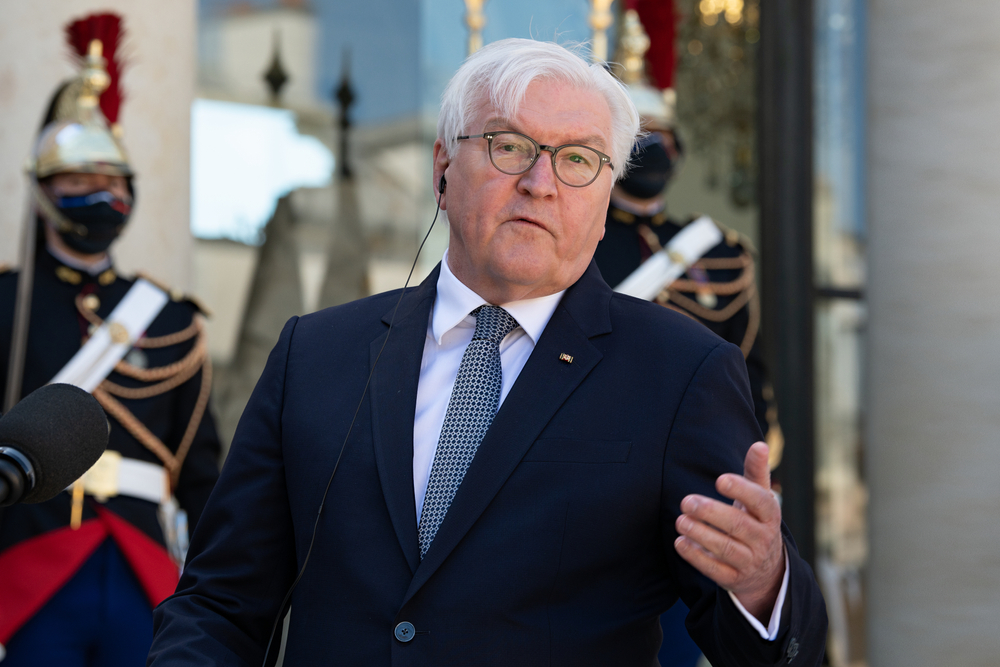Others are reading now
In a historic and emotionally charged visit to Tanzania, German President Frank-Walter Steinmeier issued a formal apology for the brutal killings and injustices committed under German colonial rule more than a century ago.
The president met with descendants of Chief Songea Mbano, a leader executed during the 1906 uprising against German oppression.
During his address, President Steinmeier acknowledged the grim reality of colonial-era atrocities, noting that numerous human remains, including bones and skulls, were transported from East Africa to Germany.
These remains ended up in various museums and anthropological collections across the country, largely forgotten in the subsequent years of war and upheaval.
Also read
According to the news site AP , one of the skulls believed to be in Germany could belong to Chief Songea Mbano.
The President expressed his sorrow and respect, laying a rose at Mbano’s grave and a wreath at a mass grave holding 66 other fighters from the Maji Maji rebellion. He stated, “I bow to the victims of German colonial rule. And as German president, I would like to apologize for what Germans did to your ancestors here.”
The Maji Maji rebellion (1905-1907) was a significant resistance movement against German colonial power in German East Africa, now known as Tanzania, Rwanda, and Burundi. It is estimated that up to 300,000 people lost their lives during this turbulent period.
President Steinmeier’s visit and apology are a part of broader efforts to reconcile with Germany’s colonial past. He assured the Tanzanian people that efforts would be made to locate and return the skull of Chief Songea, though he cautioned that the identification process is intricate and success is not guaranteed.
This gesture of reconciliation follows Germany’s 2021 agreement with Namibia, recognizing the colonial-era massacres as genocide and pledging support for the affected communities.
However, this accord has been met with criticism and is still pending formal approval.
As Germany continues to confront its colonial legacy, President Steinmeier’s apology marks a significant step towards acknowledging past wrongs and seeking a path forward in unity and remembrance.


